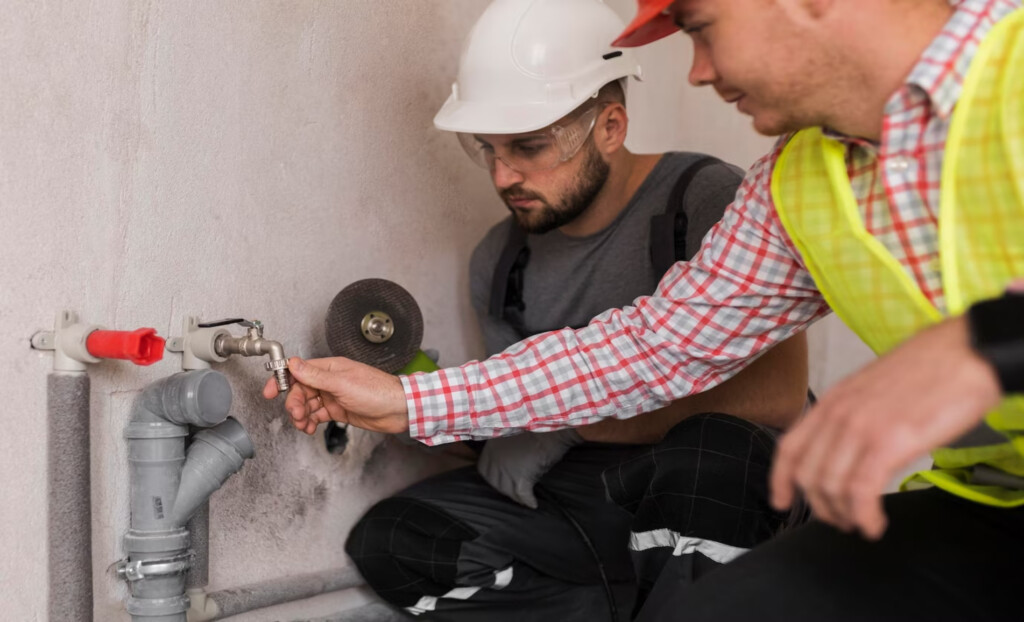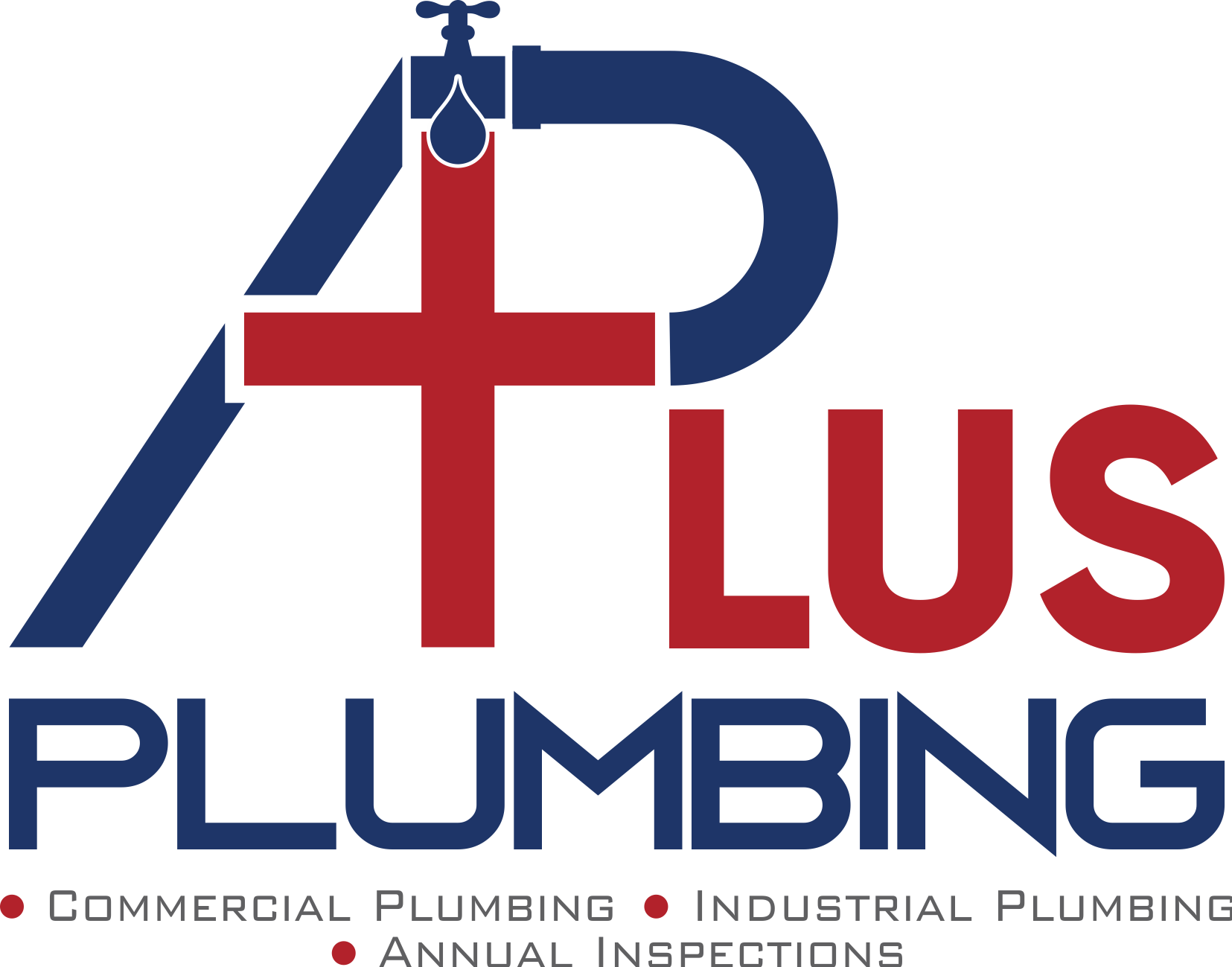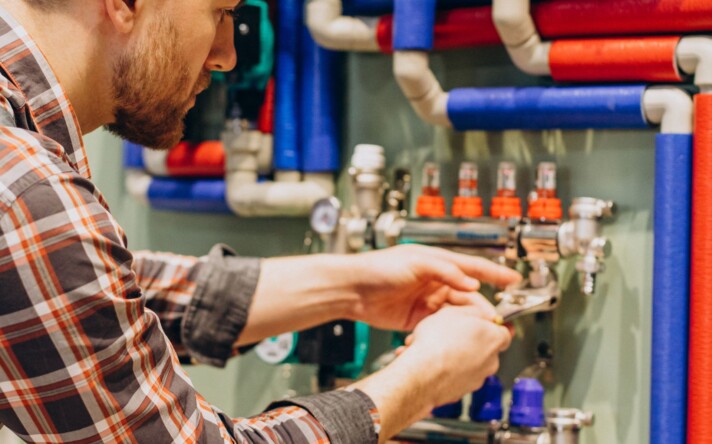New York City’s Local Law 152, passed in 2016, requires periodic gas inspections across approximately 280,000 buildings in the five boroughs. This law is a critical measure in the city’s comprehensive gas safety initiative. Understanding and complying with Local Law 152 is crucial for property owners to ensure the safety of their buildings and to avoid potential fines. Here’s what you need to know about the requirements, the process, and how to stay compliant.
The Genesis of Local Law 152
Local Law 152 was introduced as a response to several high-profile gas explosions in New York City. These incidents highlighted the potential dangers of ageing and faulty gas installations in densely populated urban environments. The law aims to prevent such accidents by mandating regular inspections and maintenance of gas piping systems.
Who Needs to Comply?
The law applies to all buildings except for those classified as R-3 residential buildings (one- and two-family homes). This wide applicability means that the vast majority of New York City properties must comply with the periodic inspection requirements set forth by the law.
What Does the Inspection Entail?
The inspection process under Local Law 152 involves a thorough examination of all exposed gas piping systems within the building. This includes checking for leaks, corrosion, and any other potential safety hazards. The inspections must be conducted by a Licensed Master Plumber (LMP) who has completed a specific Department of Buildings (DOB)-approved training course.
Timing and Phasing
The implementation of the law is phased over several years based on community districts:
Phase 1: Covered community districts 1, 3, and 10, with a deadline of the end of 2020.
Phase 2: Included districts 2, 5, 7, 13, and 18, with a deadline of the end of 2021.
Phase 3: Encompasses districts 4, 6, 8, 9, and 16, due by the end of 2022.
Phase 4: Involves districts 11, 12, 14, 15, and 17, with all inspections to be completed by the end of 2023.
Penalties for Non-Compliance
Failure to conduct these inspections within the specified time frames can lead to significant penalties. The DOB can impose fines of up to $10,000 for non-compliance. This hefty fine underscore the importance of adhering to the law and ensuring that all necessary inspections are timely and accurately documented.
Preparing for an Inspection
Property owners should guarantee a seamless inspection procedure by:
- Ensure access to all areas with gas piping for the inspector.
- Maintain records of all installations, repairs, and previous inspections.
- Address any known gas system issues prior to the scheduled inspection.

Importance of Licensed Plumbers
Only plumbers who have completed the DOB’s 7-hour training course on gas piping can conduct these inspections. This requirement ensures that the inspectors have the necessary expertise to identify potential issues and recommend corrective actions effectively.
The Process of a Local Law 152 Inspection
A typical Local Law 152 inspection involves several key steps, each designed to ensure that all aspects of the gas piping system are up to standard and safe for use. The process includes:
- Visual Examination: The inspector begins with a visual examination of all exposed gas piping. This includes checking for obvious signs of damage, wear, and corrosion. The condition of the pipes can give quick insights into potential problems.
- Leak Detection: Using advanced tools such as combustible gas detectors, the inspector checks for leaks. Even minor leaks can pose significant risks, and early detection is crucial for safety.
- Pressure Testing: Pressure tests are conducted to ensure that the gas pipes can handle the required service pressure without leaking. This test can identify weak points that might not be visually apparent.
- System Documentation Review: Inspectors review any existing documentation of the gas system, including previous inspections, installations, and repairs. This history is important for understanding ongoing issues or recurring problems.
- Compliance Verification: The inspector verifies that the installation and maintenance of the gas piping system comply with the NYC Building Codes and the specific requirements of Local Law 152.
Our Services
What Can We Help You With Today?
Select the day and time for Your service and get instant, affordable pricing. Annual inspection……
annual check and test conducted to ensure that your boiler….
Anyone who owns a home understands that plumbing issues can never be foreseen 100%…
Importance of Regular Maintenance
In addition to the inspections required by Local Law 152, regular maintenance of gas systems is essential. Maintenance tasks might include tightening fittings, replacing old pipes, and updating system components to meet current standards. Regular maintenance ensures that the gas system remains in good working order between mandatory inspections, reducing the risk of emergencies.
The Role of Property Owners
Property owners have a pivotal role in ensuring the safety and compliance of their buildings’ gas systems. They must:
- Schedule Inspections: Owners need to be proactive in scheduling inspections within the required timelines.
- Facilitate Access: On inspection day, owners or their representatives need to provide access to all necessary areas.
- Address Violations: If an inspection identifies any issues, property owners are responsible for making the necessary corrections promptly to avoid penalties.
Advanced Planning for Inspection Schedules
Understanding the scheduling for Local Law 152 inspections can be complex, given the phased implementation based on community districts. Property owners should track their district’s schedule and plan inspections accordingly. Setting reminders for upcoming inspection windows can prevent oversight and non-compliance.
Economic Impact of Compliance
While compliance with Local Law 152 involves some upfront costs for inspections and possible repairs, it can save money in the long run by preventing more severe issues and avoiding fines. More importantly, compliance improves the safety of the property, potentially reducing insurance premiums and increasing property values by demonstrating a commitment to safety and regulatory compliance.
Navigating Challenges and Best Practices for Local Law 152 Compliance
Challenges in Compliance
Compliance with Local Law 152 can pose several challenges for property owners, especially those with older buildings or complex gas piping systems. Some of these challenges include:
- Identifying Qualified Plumbers: One of the key requirements of Local Law 152 is that inspections must be conducted by Licensed Master Plumbers who have undergone specific training for gas inspections. Finding a qualified plumber who is available and can comply with the scheduling requirements of the law can be a daunting task.
- Coordinating with Tenants: For multi-unit residential or commercial buildings, coordinating access for inspections can require significant logistical planning. Property owners must negotiate access times with tenants, which can be particularly challenging if repairs or extensive testing are needed.
- Financial Burden: The costs associated with conducting the inspections and any subsequent necessary repairs or upgrades can be substantial, especially for property owners of multiple buildings or those who discover significant issues during an inspection.
Best Practices for Effective Compliance
To effectively manage the challenges of Local Law 152 compliance and ensure safety and legal adherence, property owners can adopt several best practices:
- Regular System Updates and Maintenance: Proactively maintaining and updating gas systems can mitigate the risks of major repairs being required at the time of inspection. Regular maintenance can also extend the life of the gas infrastructure, thus potentially saving money in the long term.
- Keeping Detailed Records: Maintaining comprehensive records of all gas system installations, repairs, and inspections can help streamline the Local Law 152 inspection process. These records provide essential documentation for inspectors and can help quickly resolve any questions about the system’s history and compliance status.
- Educating Tenants and Staff: Educating tenants and building staff about the importance of gas safety and the requirements of Local Law 152 can help ensure cooperation during the inspection process. Information sessions and written communications can be useful tools for explaining the necessity of timely inspections and ensuring access is granted when needed.
- Utilizing Technology for Compliance Management: Implementing technology solutions, such as property management software that can track inspection dates, document maintenance work, and send reminders about upcoming deadlines, can be an invaluable aid in staying compliant with Local Law 152.
Long-Term Benefits of Compliance
While the immediate focus of Local Law 152 compliance is on meeting legal requirements and ensuring safety, there are also significant long-term benefits to be gained, including:
- Enhanced Safety: Regular inspections and maintenance lead to safer living and working environments for tenants and reduce the risk of gas-related accidents.
- Increased Property Value: Buildings that are well-maintained and compliant with safety regulations are more attractive to potential buyers and renters. Compliance with Local Law 152 can thus enhance a property’s marketability and value.
- Community Trust and Reputation: Property owners who diligently comply with safety regulations like Local Law 152 earn trust from their tenants and the community. This can enhance their reputation as responsible property managers and owners.
Conclusion
Navigating the requirements of Local Law 152 is essential for all applicable NYC property owners. These inspections are not just a regulatory hurdle but a critical safety measure that protects both property and lives. By understanding the law’s requirements, preparing adequately for inspections, and maintaining their gas systems, property owners can ensure safety and compliance. For those seeking expert assistance, services like A Plus Plumbing provide valuable support, helping property owners manage the complexities of compliance with confidence and ease.




